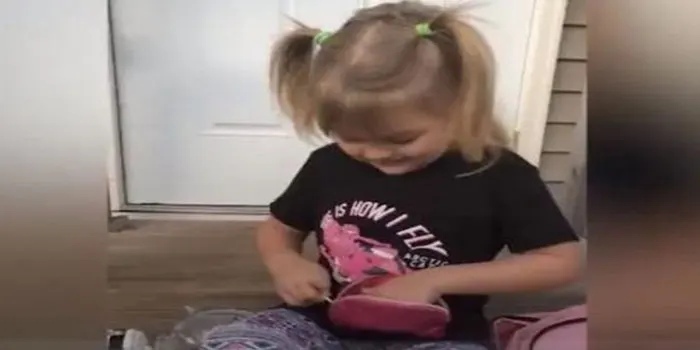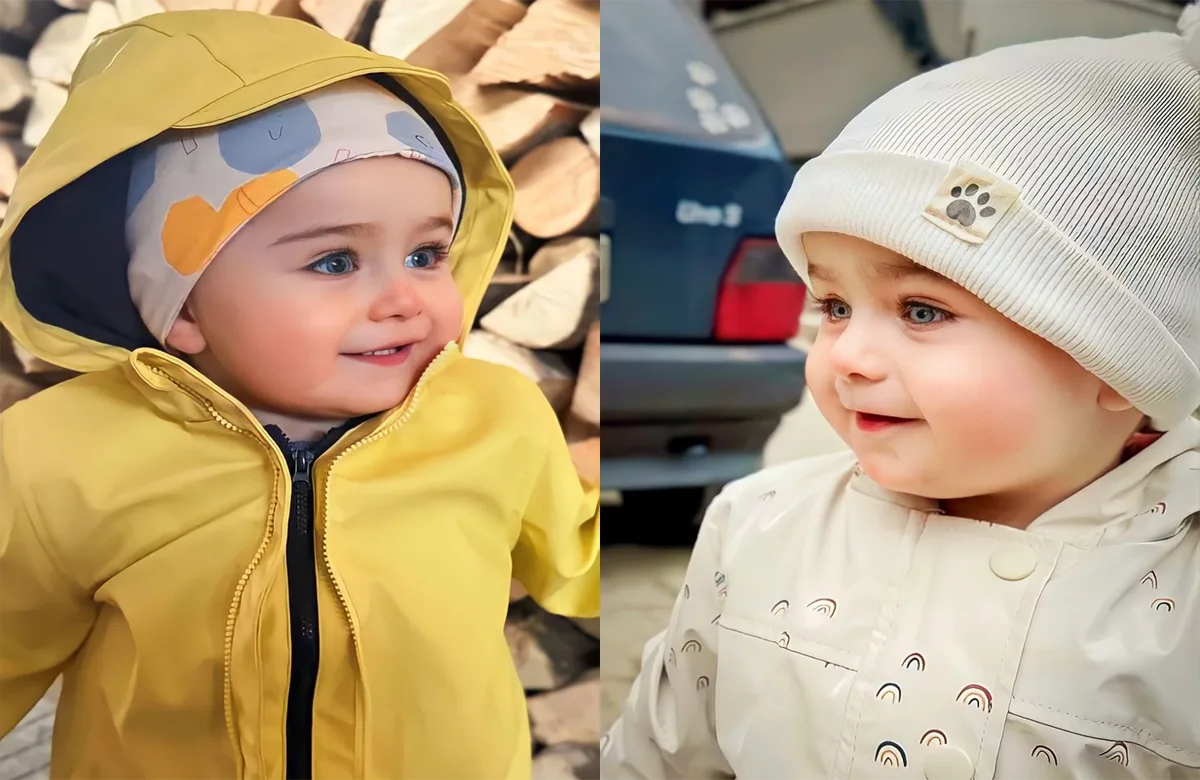Little Emma, a lively and intelligent five-year-old, came home from kindergarten on a typical afternoon. Emma skipped up the walkway to her grandmother’s house while the sun was still high in the sky, bathing the neighbourhood in a warm glow. Margaret, Emma’s grandmother, was smiling warmly and anxious to hear about Emma’s day. A series of circumstances ensued that would elicit a prompt and momentous response from the devoted grandmother.
Emma raced in the door and gave her grandmother her customary warm welcome. Emma’s demeanour caught Margaret’s attention, as she seemed unusually solemn for her usually upbeat granddaughter. Emma took a seat at the kitchen table and began, somewhat nervously but excitedly, to tell about her day. Margaret listened carefully, feeling that there was more to Emma’s narrative.

The young child mentioned that she had seen her classmate Jake being left out of a game that the other students were playing during playtime. Emma, who is typically sympathetic, told how the other kids had disregarded Jake when he was left standing by himself, looking unhappy and attempting to join in. Emma spoke with concern as she described how Jake didn’t seem to fit in because he was new and hadn’t made many friends yet.
Margaret was moved to tears by Emma’s story and could see her granddaughter was struggling with this. Emma clearly cared about her friend, and Margaret saw that something needed to be done right away. Margaret felt obliged to address the subject of Jake’s exclusion because it was more than simply a casual remark; it was a call to action.
Following a moving conversation on the value of inclusivity and kindness with Emma, Margaret made the decision to act decisively. She recognised that although Emma’s fear was understandable, it was crucial to handle the situation in a way that would promote a positive atmosphere for each of the children concerned. Margaret contacted the school to talk to Mrs. Thompson, Emma’s teacher, about the circumstances.
Margaret shared with Emma the specifics of Emma’s disclosure and voiced her worries on Jake’s social circumstances throughout their talk. Mrs. Thompson was grateful for the information and listened intently. She reassured Margaret that the school was dedicated to creating an inclusive atmosphere and made a commitment to investigate the issue more.
Margaret cared more about fostering a compassionate and understanding environment among the school community than she did about resolving a particular incident of exclusion. She suggested planning an empathy and friendship-themed school-wide activity that would give all kids a chance to practise inclusivity and show support for one another. Mrs. Thompson stated her willingness to work with others to make this happen and felt that it would be advantageous to have such an event.
Margaret collaborated extensively with the school to create a strategy for the event in the days that followed. Emma enthusiastically engaged in the brainstorming session, excited to see her grandmother taking initiative and coming up with ideas for events and methods to share the kindness message. “Friendship Day” was the name of the event, which was planned to be lively and participatory with games that prompted kids to talk about their experiences and form relationships.
The school was a hive of activity on the day of the event, with a focus on fostering empathy and understanding among the pupils. Emma participated in a group conversation about the value of being a good friend and including everyone, encouraged by her grandmother. After feeling alone at first, Jake was encircled by classmates who wanted to involve him and make him feel comfortable.
In addition to resolving the immediate issue, Margaret’s initiative had inspired a constructive shift among the students. Children were urged to be more considerate of one another’s emotions and the event contributed to the development of a more inclusive atmosphere. Emma’s sincere worry and her grandmother’s resolute action had a profound effect, demonstrating the value of acting when one witnesses acts of exclusion and the strength of empathy.
Emma’s insight ultimately resulted in a substantial and long-lasting shift, proving that even the smallest voices may inspire important acts. Because of Margaret’s commitment to providing a loving and caring atmosphere for all kids, happiness has been spread across the community, making Jake and all other kids feel important and included. Emma’s comprehension of compassion was reinforced by the experience, which also brought to light the significant impact that compassionate adults have on fostering a more compassionate community.





Leave a comment